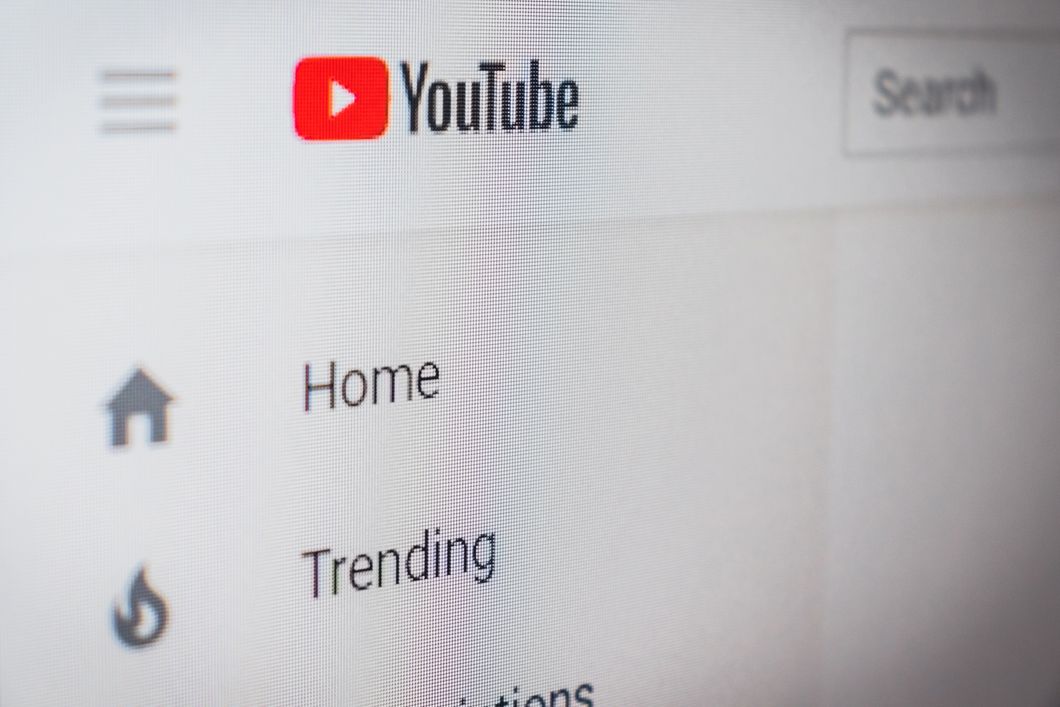Perhaps one of the internet's most successful platforms is YouTube— the website that a decade ago consisted of funny home videos and a few book reviews but now consists of everything from "the history of the entire world I guess" to 16-year-olds doing a tour of their brand new Range Rover. As the content of YouTube changed over the years, so did media as we know it.
One doesn't have to look hard in the vastness of YouTube to find a twenty-something-year-old that has made enough money to buy a house, a car, and everything else under the sun solely through making videos. Liza Koshy, for example, is one of the many figures on YouTube that now has over 16M subscribers and a millionaire's tax bracket to match with that. Did I mention she's only twenty-two and doesn't have a college degree?
When I look at people like Liza Koshy, I begin to see how much our perception of fame has changed over time. A decade ago, our perception of what a "celebrity" is was drastically different. We viewed people like Britney Spears and Lindsay Lohan as celebrities, all of whom have signed contracts, auditioned, and rehearsed to make it to the big screen. Now, however, people look to YouTubers as equally, if not more, influential as the ones that belong to traditional media.
Perhaps what makes YouTubers so entertaining and influential is their ability to be so relatable. Now more than ever, people of all races, ethnicities, sexualities, gender identities, sizes, and interests, can watch someone on a screen that they actually have something in common with. Also, so many of the creators on YouTube use their platform for an amazing cause. Whether it's to make girls of all sizes feel beautiful, promote mental health, or have discussions regarding difficult yet crucial topics, creators have shown that they don't only make videos to entertain, but to also make a change. In doing so, YouTubers have created a new form of media that is built on inclusivity.
Conversely, old, or traditional media has been historically known to virtually ignore the existence of many groups and perpetuate systematic oppression in society. From the "nuclear family" to the "American dream," traditional media has given so many people false expectations and a sense of distaste towards their own lives.
Whether it's new or old media, there's always room to improve. We still have a long way to go in making what we see on the screen an honest yet beautiful depiction of the world we live in. And the best part is, all you need is a camera, wifi, and an idea to make that happen.
So, thanks YouTube.
















